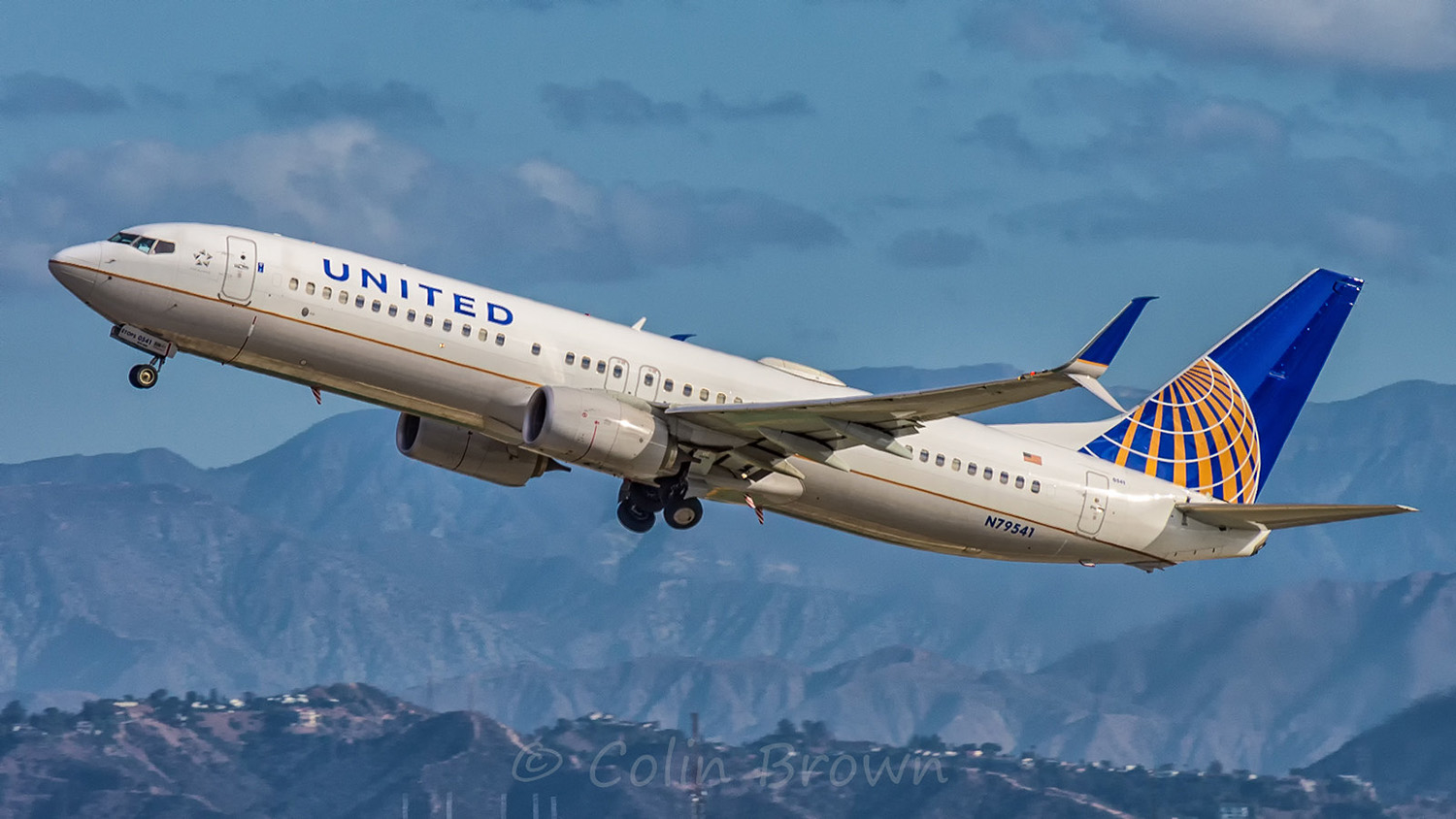Study Highlights Complexity of Public Responses to Corporate Crises

An analysis of the public’s response to a United Airlines crisis in 2017 finds that stakeholder reactions can be extremely complex, with individual customers being willing to both boycott the airline and work with it to resolve the crisis. As part of the study, researchers developed a tool to help organizations better understand stakeholder responses and respond to future crises.
“In the case of the United Airlines crisis, we found that customers and potential customers had a range of reactions, and that people could be willing to respond both positively and negatively – often at the same time,” says Yang Cheng, co-author of a paper on the work and an assistant professor of communication at North Carolina State University. “It is important for companies to understand how their customers react to crises, so that the companies know how to respond. For that reason, we’ve developed a tool that corporations can use to assess stakeholder responses.”
To explore stakeholder responses to crisis, the researchers focused on the public’s response to an event that took place in April 2017. On April 9, United Airlines had a passenger physically removed from one of its flights because the flight was overbooked. Video of the man – a 69-year old doctor – being bodily hauled off the plane spread quickly across social media and led to a public relations crisis for the airline that was widely covered in the news media.
For this study, the researchers developed a survey tool that explored seven possible ways people could respond to a corporate crisis, such as seeking additional information; threatening possible retaliatory behavior, such as a boycott; mobilizing other stakeholders to take collective action; and consulting with a company to find solutions to the crisis.
The researchers then used the tool to survey 688 United Airlines customers and potential customers.
The researchers found that seeking information was the most common response, but that many study participants were likely to engage in many – or most – of the potential response behaviors. For example, many study participants were willing to both boycott United Airlines and to work with the airline on finding ways to resolve the crisis.
“Companies need to know when the public is willing to engage constructively,” Cheng says. “If the company responds defensively, or only provides information, it may inadvertently be encouraging threatening behaviors. But if they display a willingness to engage and partner with public stakeholders in working toward a solution, that could significantly improve stakeholder response.”
United Airlines is not the only company to face a social media-driven crisis – it’s not even the only airline to face this type of crisis. Because these challenges are increasingly common, the researchers are sharing the survey tool they developed for this study.
“Organizations can use the scale we’ve created to assess stakeholder reactions in the immediate aftermath of a crisis,” Cheng says. “This can help companies respond constructively and effectively.
“We think previous tools have not been sufficiently broad to capture the full extent of public reactions, or have presented stakeholder reactions as being either positive or negative. Our work shows that stakeholder reactions are not that simple, and that positive and negative reactions were not mutually exclusive.”
The paper, “Scale Development for Stakeholder Responses in Crises: Centering on Stakeholders in United Airlines Crisis,” is published in the Public Relations Journal. First author of the paper is Hong Mei Shen of San Diego State University.
-shipman-
Note to Editors: The study abstract follows.
“Scale Development for Stakeholder Responses in Crises: Centering on Stakeholders in United Airlines Crisis”
Authors: Hong Mei Shen, San Diego State University; Yang Cheng, North Carolina State University
Published: February 2020, Public Relations Journal
Abstract: In the previous decades, a large amount of crisis communication research has followed an organization-centric perspective and focused on exploring organizational response strategies to minimize negative reputational damage in crises. Our study conceptualized and operationalized stakeholder crisis communication strategies and developed a valid and reliable scale as an evaluation tool. In the context of the United Airlines crisis in April 2017, we conducted two separate online surveys. Results confirmed that a seven-factor instrument of stakeholder crisis response strategies was valid and reliable. Findings also suggested that information was the most important need of stakeholders and offered a sophisticated profile of stakeholders in crises, who used a host of active response strategies from constructive to destructive. Theoretical and practical implications were discussed.
This post was originally published in NC State News.
- Categories:


